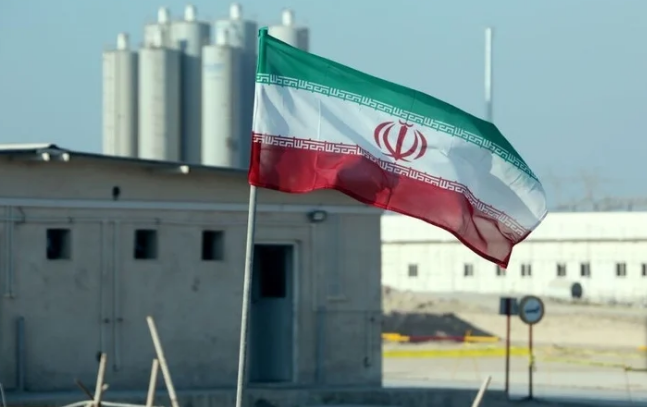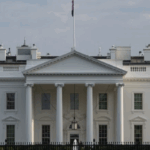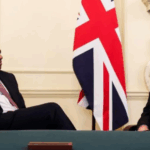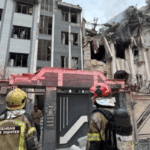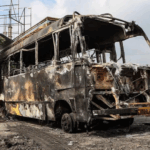The long-running international standoff over Iran’s nuclear programme has entered a volatile new phase after Israel, with backing from the United States, launched airstrikes on Iranian nuclear and military facilities, citing an urgent threat to its national security.
The Israeli government said the action was necessary to prevent Iran from reaching nuclear weapons capability, a concern that has simmered for decades but now appears to be at a breaking point. Prime Minister Benjamin Netanyahu described the strikes as a “pre-emptive act of self-defence”, warning that Iran could be months away from producing a nuclear weapon.
The attacks focused on facilities including the above-ground Pilot Fuel Enrichment Plant at Natanz, a key site where Iran has been enriching uranium to near weapons-grade levels. However, Rafael Grossi, Director General of the International Atomic Energy Agency (IAEA), confirmed that deeper, underground facilities—such as the fortified Fordow site—remained untouched.
The strikes have reignited debate over the international community’s decades-long efforts to restrain Iran’s nuclear ambitions through a mix of diplomacy and pressure. While the 2015 Joint Comprehensive Plan of Action (JCPOA) initially curbed Iran’s enrichment activities in exchange for sanctions relief, that agreement began to unravel after former U.S. President Donald Trump withdrew in 2018, calling the deal “one-sided” and ineffective.
Since then, Iran has steadily advanced its nuclear programme. The IAEA recently reported that Tehran has stockpiled enough uranium enriched to 60% purity—just below the 90% threshold for weapons use—to potentially build multiple bombs. Iran maintains its nuclear work is for peaceful purposes, but international confidence in those assurances has waned.
Experts are now warning that Israel’s airstrikes may push diplomacy further out of reach. Trita Parsi, a senior fellow at the Quincy Institute, said support for nuclear armament has grown within Iran’s political elite in the wake of the attacks, complicating efforts to revive any future agreement. “This has raised the political cost for Tehran to agree to limit enrichment to civilian levels,” he said.
The military response has also drawn sharp criticism. Susi Snyder, from the International Campaign to Abolish Nuclear Weapons, said Israel’s actions undermine global non-proliferation efforts. “If every country in breach of its IAEA obligations were bombed, we’d see conflict everywhere,” she warned.
Amid growing fears of escalation, European leaders have been urging restraint. According to diplomatic sources, ministers from several EU countries held emergency talks with their Iranian counterpart this week, calling for a return to negotiations and cautioning against retaliatory action.
U.S. President Donald Trump, who returned early from the G7 summit to respond to the crisis, has expressed interest in brokering a deal. “Iran should have taken the deal that was on the table. But I still believe diplomacy is possible,” he said.
As the dust settles on the bombed-out sites in Iran, questions remain about whether the strikes have significantly set back Tehran’s nuclear capabilities—or merely hardened its resolve. With global powers once again weighing diplomatic carrots against military sticks, the world is bracing for what may come next.



